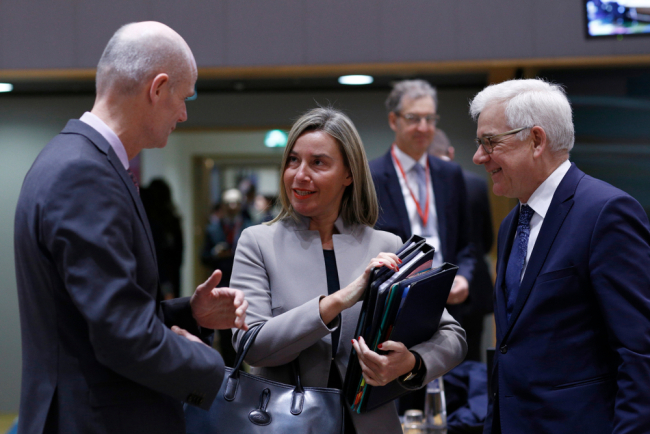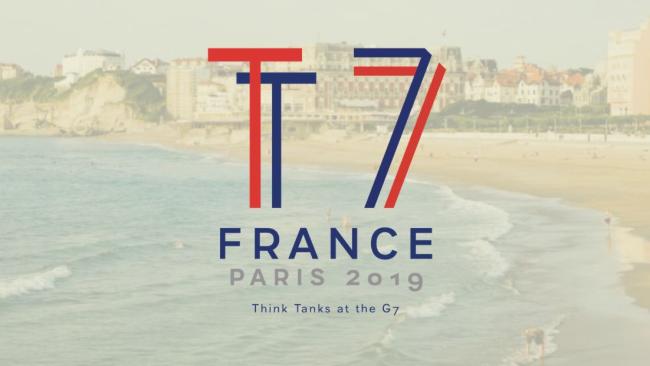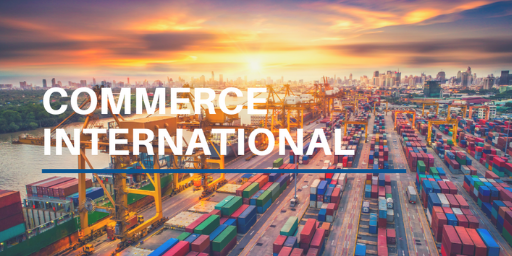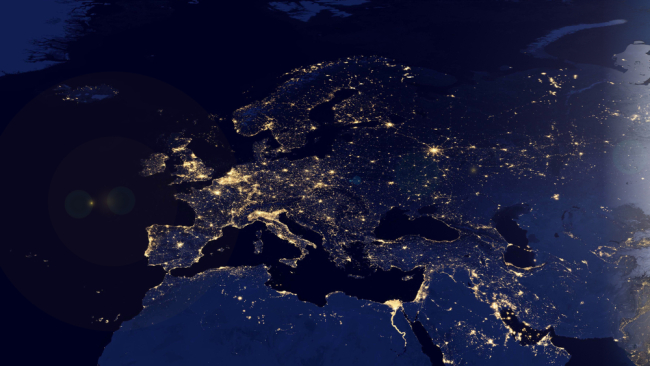Europe
Europe is described here in a geographical sense. It is not limited to the European Union, and includes, for example, the United Kingdom and the Balkans. It remains central to international relations.
Related Subjects

Opening up the G7 to South Korea to Address Contemporary Global Challenges

The G7’s global influence has diminished as powers like China reshape international governance through initiatives such as BRICS and the Shanghai Cooperation Organisation (SCO). With the G7 now representing just 10 per cent of the world’s population and 28 per cent of global GDP, its relevance is increasingly questioned.
(De)globalization of International Plastic Waste Trade: Stakes at Play and Perspectives
The world plastic production has been multiplied by 23 since 1964 to reach 348 million tonnes (mt) in 2017. This production level is expected to double in the next 20 years, largely because of the significant growth in plastic consumption in developing countries. Today, China is the largest producer of plastics (representing nearly 30% of global production) and the European Union (EU) comes second (18.5%) with 64 mt.
Prospects for the New EU Strategy on India: Game Changer or Business as Usual?
The new European Union (EU) strategy on India marks a major moment of departure in EU-India relations.
Democratization First. The Community Method in CFSP as a Precondition for a European Defense Policy
The recent calls for the militarization of the EU’s Common Foreign and Security Policy (CFSP) require first a comprehensive democratization of European foreign and security policy.
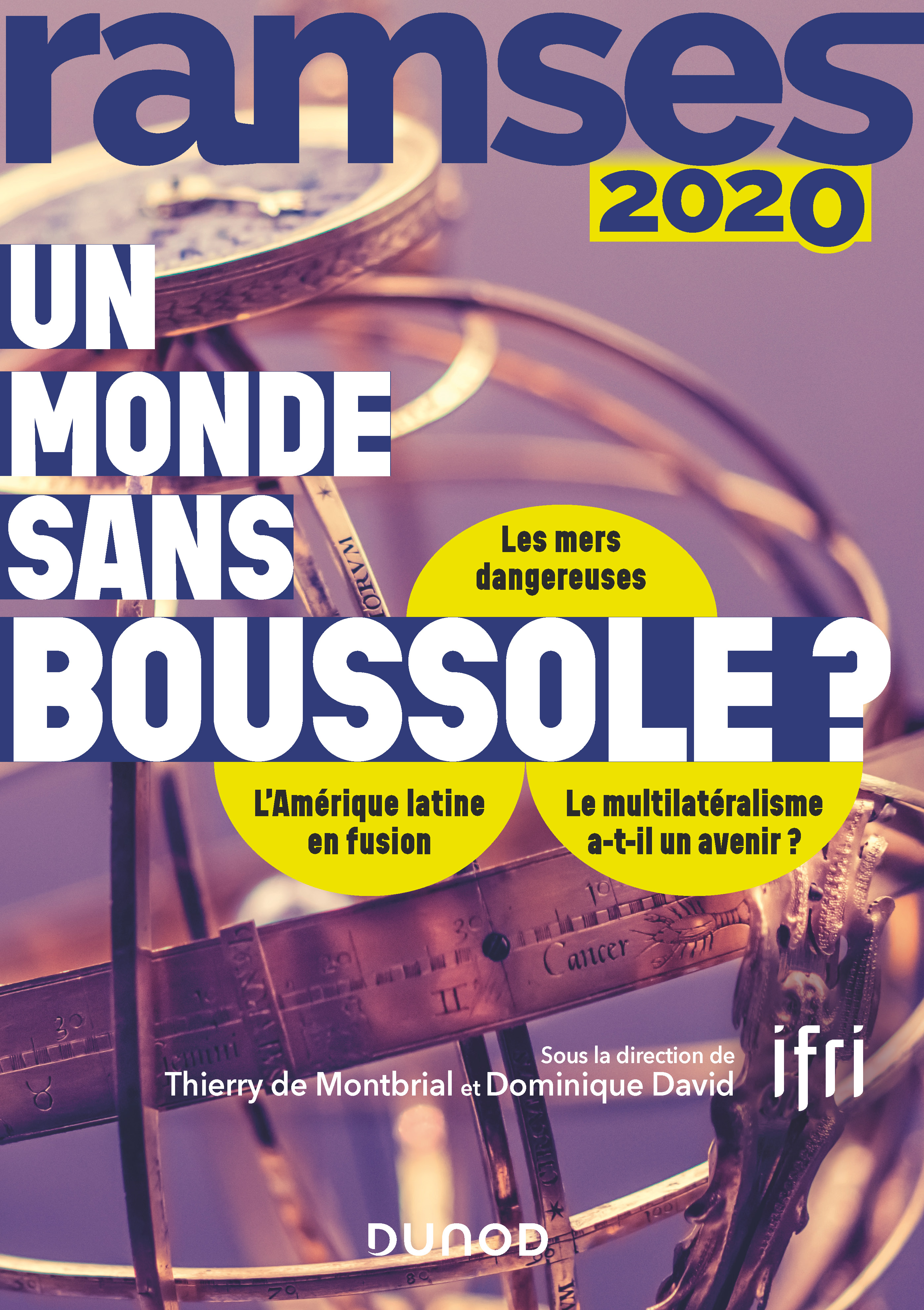
RAMSES 2020. A World without a Compass?
RAMSES 2020. A World without a Compass?, written by Ifri's research team and external experts, offers an in-depth and up-to-date analysis of geopolitics in today’s world.
Think Tank 7 - Recommendation paper for the G7 Presidency
The Think Tank 7 (T7) is an engagement group that brings together the leading Think Tanks from the G7 countries in order to analyze and make recommendations on key issues of the G7 presidency.
International trade - Rekindling interest in a multilateral rules-based approach
International trade is one of the themes that used to constitute the very raison d’être of the G7, alongside international security and energy policy.

5G and the US-China Tech Rivalry – a Test for Europe’s Future in the Digital Age
Assessing Europe's Space Dependency and Its Implications
It is a classic exercise to imagine what today’s world would be like if all satellites were shut down. The exact consequences of such a scenario, which is not unlikely given the inherent vulnerability of space systems to natural, accidental and deliberate interferences, are however difficult to appreciate, even for specialists.

The European Union in Crisis: What Challenges Lie ahead and Why It Matters for Korea
The EU is currently undergoing serious challenges from inside such as Brexit and strengthening Euroscepticism, rising populism and changing political geography, anti-immigration moods as well as retarded economic recovery.
Seven Years of The 16+1: An Assessment of China’s ‘Multilateral Bilateralism’ in Central Europe
Since mid-2012, in the wake of the global financial crisis, China has sought to reinvigorate relations with Central and Eastern Europe (CEE), notably through the creation of the 16+1 formula.
Space Weather and NEOs in the European Space Policy
Although often overshadowed by a focus on security concerns, Space weather and NEOs are important elements of Europe’s SSA program.
The Use of Space for Maritime Security in Europe
The EU is currently developing a Maritime Security Strategy. Space should be integrated in that effort, given its potential for maritime surveillance.
The EU internal market - a stake or a tool in European-Russian gas relations. The case of new member states gas policy
Since 2010 we have observed a new quality in EU energy policy. It is related to the European Commission’s more or less direct engagement in the bilateral gas relations of a part of the new member states - Poland, Bulgaria and Lithuania - with Russia.
Protecting Nuclear Installations: The difference between industrial safety and national security
There is a gritty public debate going on in Europe about what threats should be considered in conducting stress tests on existing nuclear power plants or in establishing safety criteria for new build nuclear power.
Integration or Imitation? EU Policy towards its Eastern Neighbours
However, these considerations extend beyond current events and the EU calendar. There are aspects of the central question, namely: Is the EU capable of exporting its own model of governance? This question is currently more focused on the local than the global potential of the European Union. Can it continue the process of „making Europe wider‟?
GMES, the Second Flagship
The Global Monitoring for Environment and Security (GMES) Program is often overshadowed by what is perceived to be the flagship program of European space, Galileo. As a matter of fact, GMES is just as important and faces many similar challenges.
Final Call for a European Space Strategy
Space poses both an opportunity and a challenge for Europe. And so does the new provision of the Lisbon Treaty - article 189 TFEU - that awards the EU an explicit competency on space.
Galileo, the Long Road to European Autonomy
Galileo is one of the most ambitious programs ever managed by the EU. As such, it illustrates the challenges and the opportunities offered by the development of a European Space Policy at the political, industrial, economic and international level.
The Evolving Architecture of Space and Security
Today, Europe is taking initiatives both to prevent space weaponization and to develop space militarization. While national States remain the central players in this regard, the intergovernmental European Space Agency is increasingly involved in security-related activities and the European Union is showing growing political ambitions in this area.
European Defence Economy Afflicted by the Crisis
The European defence sector generates €86 billion annually - and that is only taking into account the 2009 turnover of the European defence industry for the three areas - aeronautics, land forces and naval forces.
Support independent French research
Ifri, a foundation recognized as being of public utility, relies largely on private donors – companies and individuals – to guarantee its sustainability and intellectual independence. Through their funding, donors help maintain the Institute's position among the world's leading think tanks. By benefiting from an internationally recognized network and expertise, donors refine their understanding of geopolitical risk and its consequences on global politics and the economy. In 2025, Ifri supports more than 80 French and foreign companies and organizations.








